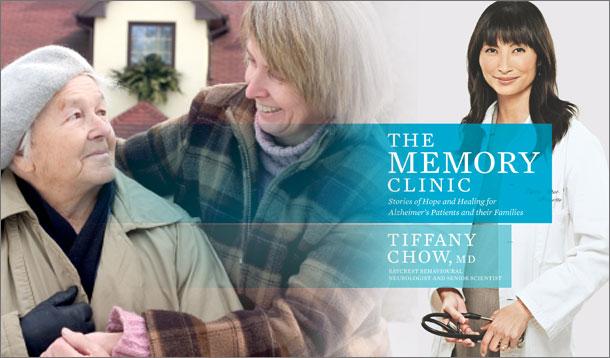
I have felt incredibly gratified to see such a warm welcome for my first book, The Memory Clinic.
In it are lessons that seem to resonate with many others—whether they are currently caregivers or are worried about who might take care of them in case dementia affects them. To hear that my words are helpful beyond the walls of my clinic at Baycrest—where I’ve test-driven the impact of my advice and encouragement—adds meaning to my life and those of my patients who have lived with dementia.
Among the earliest feedback was my new nurse Calen’s tale of how The Memory Clinic prompted a discussion with her young son about how “Girls can’t be doctors!” She was initially horrified to hear this from her son, who would not believe that I was both a woman and a doctor. So she and her husband used this opportunity to speak with him over dinner, and then he had his own “Helen Keller moment." He said, “Does that mean I could become a dance instructor? Or an artist?” His face brightened with the expanded potential of his future life. Wow.
Not what I’d written the book for, but what a terrific outcome that I continue to celebrate.
I think women in particular run the danger of having our best skills act against us. We can multitask, organize, network people together, show loving kindness and provide care for others without thinking about it twice. BUT WE SHOULD. These qualities can put us at risk for taking too little care of ourselves.
Yes, you arranged for several playdates for the kids this week, but did you book a reality check with a girlfriend? You booked the family vacation and somehow did the whole darn thing on Aeroplan miles, but did you and your partner take out time to discuss (just the two of you!) how to help each other feel safe, loved, happy and healthy? You’ve visited the nursing home every day to make sure your loved one is fed properly and is up out of bed, but what’s the status of your diet, body image, and exercise plan? Ultimately, the best defenses against being struck down by dementia have to do with how much self-compassion you have practiced over decades. Let’s talk about that at the YMC Book Club on January 28th.
In the meantime, please consider walking with me at the Alzheimer Society’s Manulife Walk for Memories on Saturday, January 26th.
